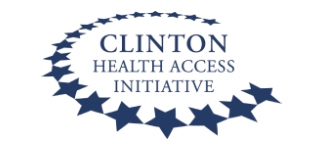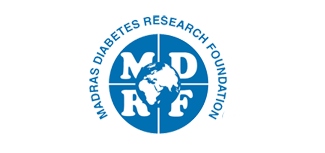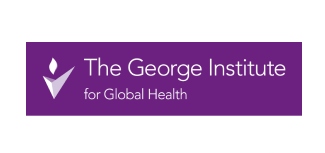The Holistic Health approach to wellness addresses the physical, mental, emotional, social, and spiritual components of health. It recognizes that tradition, culture, community, lifestyle, and environment all contribute to health. The ongoing initiatives of SDG3, One Earth, One Health, and universal health coverage all incorporate the necessity of a holistic approach to health. We intend to expand upon these efforts and focus on three complementary areas that contribute to a holistic approach to health: yoga, meditation, and forms of traditional medicine, such as Ayurveda.
Traditional Medicine
Traditional medicine systems, such as Ayurveda, have been practiced for thousands of years and have been shown to be effective and often complementary to modern medicine. They can play a significant role in making holistic health an integral part of the global healthcare system.
Yoga
Yoga has long been shown to benefit both physical and mental health. In addition to increasing flexibility and strength and improving circulation and respiration, it also relieves stress and creates a sense of peace and well-being. Yoga therapy follows a holistic health approach to treat the mind and body together.
Yoga has become increasingly popular and widely available over the last century because of its many health benefits. Yet, the therapy is less commonly available to complement services provided by government, public, and health institutions, such as schools, hospitals, and prisons. We aim to generate policies that support the creation and implementation of outreach yoga programs in these institutions.
Meditation
Meditation benefits the body, mind, and intellect. The modern lifestyle has led to various mental health issues that can lead to behavioral problems and addiction and contribute to physical diseases.
Meditation enables people to channel negative thoughts and mental energy in a way that promotes positivity, a sharper intellect, greater focus and creativity, and reduces negative emotions and stress. In doing so, it combats mental health issues such as anxiety, depression, and aggression. When individuals are more self-aware and peaceful, it generates a positive ripple effect that benefits society.
We aim to promote the mental and emotional benefits of meditation and to generate policies that support the creation and implementation of outreach meditation programs in government, public, and health institutions, such as schools, hospitals, and prisons.















